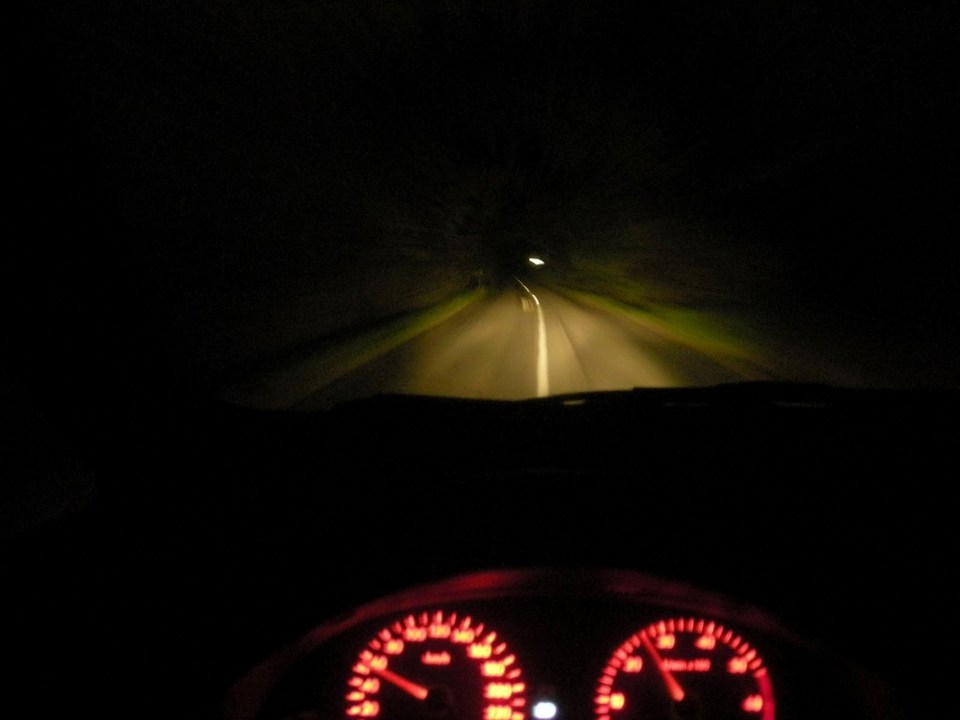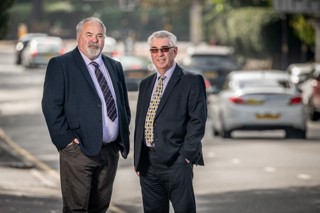The Royal Society for the Prevention of Accidents (RoSPA) is calling for an end to the twice-yearly clock change that extends daylight hours in the summer, but reduces usable daylight hours in winter evenings.
It comes as the European Parliament backed a proposal to stop the obligatory one-hour biannual change.
Under an EU directive, all 28 states currently switch to summer time on the last Sunday of March and back to ‘winter time’ on the last Sunday of October.
A public consultation showed 84% of respondents wanted to scrap the changes. There were 4.6 million responses, 70% of which were from Germans. Following the consultation the European Commission, which is responsible for drafting EU legislation – made the proposal last year.
Each year, when the clocks go back in the autumn, there is a marked spike in the number of vulnerable road users killed and seriously injured, says RoSPA. According to the Department for Transport (DfT), in 2017, pedestrian deaths rose from 37 in September to 46 in October, 63 in November, and 50 in December.
RoSPA chief executive Errol Taylor said: “Clock changes were first introduced in 1916 to reflect the needs of a nation at war. However, our priority now should be the prevention road accidents that cause serious injury and death.
“We know that the clock change kills people. During the working week, casualty rates peak at 8am, 10am, 3pm and 7pm, with the afternoon peak being higher. Road casualty rates increase with the arrival of darker evenings and worsening weather conditions.
“While we respect the views of those that want to keep the current system, we must not lose sight of the fact that lives are at stake.”
In 2012, Conservative MP Rebecca Harris brought forward Private Members legislation the ‘Daylight Saving Bill’ that called for a review of the potential costs and benefits of advancing time by one hour for all, or part of, the year. Despite enjoying considerable cross-party support, the passage of the Bill was blocked by a small number of MPs.





















Login to comment
Comments
No comments have been made yet.